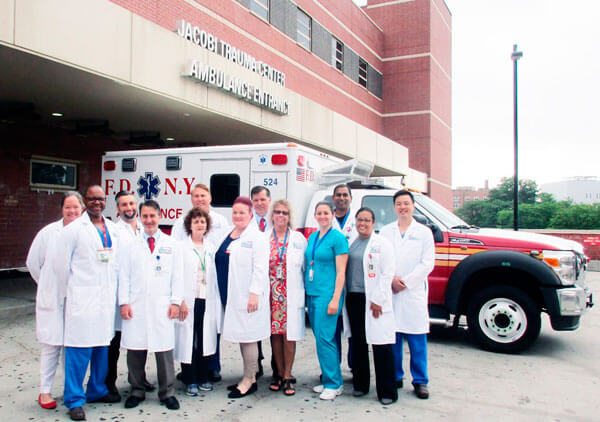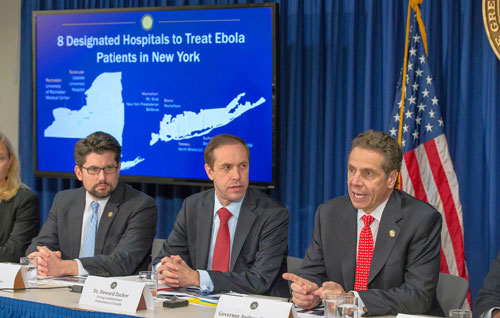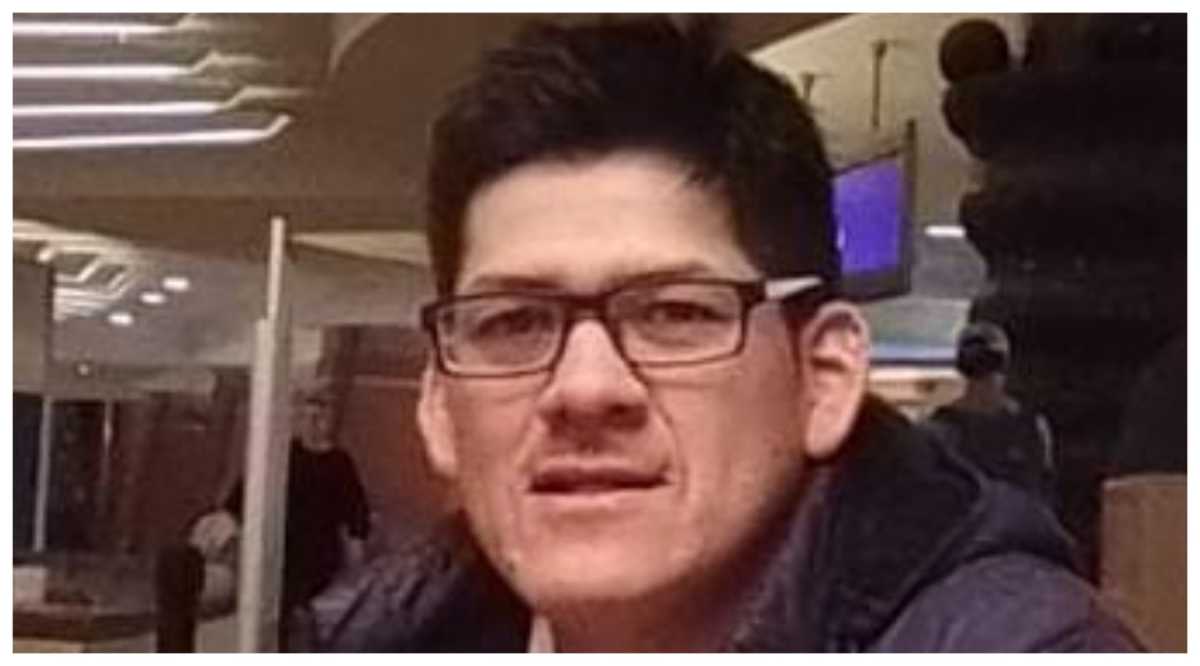Jacobi Medical Center became the first ‘Level 1 Trauma Center’ in the borough under a new more stringent certification program.
Jacobi reached the top designation for the treatment of trauma and was the first borough hospital to complete the certification process, according to Jacobi officials.
The process for state certification now requires a visit by the American College of Surgeons, who certify medical institutions ‘Level 1’ – the top tier designation – or ‘Level 2’ facilities.
The ACS Committee on Trauma review replaces an older system in which the NYS Department of Health itself would visit the hospitals and apply locally developed standards, according to Jacobi personnel.
ACS added a much more rigorous set of national standards developed by leading medical practitioners in the field of trauma, they explained.
The ACS review encompassed all aspects of how the medical center deals with everything from bus crash injuries to bullet wounds, according to a hospital spokesman.
Dr. John McNelis, chairman of surgery, said that the evaluation was done over two days in March and that Jacobi was notified recently of the results.
“For the hospital, it is a big deal,” said McNelis, adding “Jacobi is a hospital that is committed on a multiple levels to the care of the trauma patient; there is an institutional commitment of resources and of thought to the prioritization of these patients.”
Key strengths of Jacobi Medical Center is the rapidity at which they access trauma patients’ needs and the ability to mobilize the necessary resources to care for them, said McNelis.
According to a spokesman, among the aspects of that the ACS chose to highlight as Jacobi’s strengths are neurosurgery, quick care for fractures in the operating room, 24/7 radiology service, as well as impressive programs and research on gun violence, including the hospital’s Stand Up To Violence program, which was the first such program to be based at a medical facility.
Dr. Sheldon Teperman, trauma medical director, said that the results are a verification that Jacobi’s trauma services are second to none for residents of the borough and also for lower Westchester.
“There was a time when the state rules were not only less rigorous, they weren’t carefully policed,” said Teperman. “We always maintained higher standards than required, so when these really high standards came in, we were in excellent shape.”
He added: “Our staff has worked tirelessly to achieve this distinction and the teamwork we demonstrate on a day-in, day-out basis saves lives.”
There is an expectation that Level 1 trauma centers like Jacobi be regional leaders in education, injury prevention, and research and performance improvement, said Teperman.
Because of this, members of the Jacobi staff contribute to the body of research on trauma by publishing articles on what they learn in leading peer-reviewed medical journals that have national and international readership.
Bringing Jacobi’s trauma center up to the new Level 1 standards cost millions, and required putting in place permanent staffing and resource changes, as well as changes to record-keeping, said the doctor.
The hospital cannot rest on its laurels, added Teperman, who said that as part of the Level 1 designation the facility must commit to continued improvement and be evaluated by ACS every three years.
“We constantly examine and reexamine ways to improve the care we provide,” he said.

















